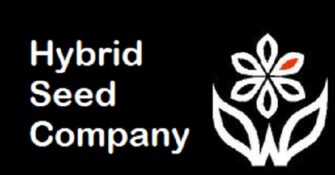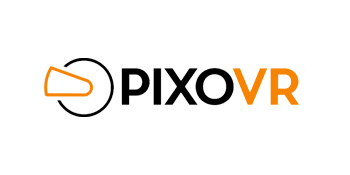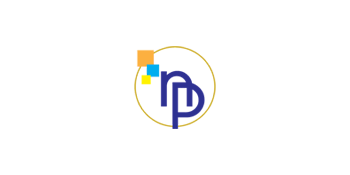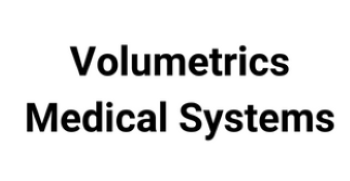Economic Development and International Trade
Overview
Mark is a recognized leader in trade policy who has provided strategic and innovative insight in crafting laws and regulations as well as important policy pieces.
Mark was a pioneer in eliminating “technical barriers to trade” in the form of exclusionary technical standards that prevented U.S. products from being imported into Japan. He helped pave the complex intersection of global trade rules, technical standards, and intellectual property rights.
Economic Development
Local, state, and regional governments seek to improve their economic future through new development and investments, and job creation and growth. Mark Foster can assist local municipalities on FDI, reshoring, and infrastructure development. Mark has handled more than a dozen greenfield development projects to attract and site Japanese companies to California, Oregon, and Washington in the semiconductor, electronics, and food products sectors. He also has assisted government bodies in the U.S. (including the states of Illinois, Washington, Minnesota, Oregon, California, and Alabama), Japan, Vietnam, and Europe to design and implement FDI, export-promotion, business retention and recruitment, local and regional public-private sector initiatives, and other infrastructure development efforts.
Regulations
Mark’s clients often depend on highly competent, timely, and successful representation before regulatory agencies domestically and overseas. Many of his clients’ most highly value-added products and services are strictly regulated by governments worldwide, often in non-transparent ways that discriminate against or even prohibit non-domestic suppliers. Mark has pioneered methods of dealing successfully with the Japanese, European, and other government and regulatory agencies.
Mark has represented clients before U.S. regulatory agencies, including the Food and Drug Administration (FDA), Federal Communications Commission (FCC), and Consumer Product Safety Commission (CPSC). Mark is admitted to practice at the U.S. Court of International Trade.
Mark has focused on breaking down foreign “technical barriers to trade” caused by excessive government involvement in drafting and certifying compliance to product technical standards – a major problem in Japan, Europe, and elsewhere. He has obtained regulatory approvals for dozens of companies and products, contributing to U.S. exports and global trade.
Mark often solves seemingly impossible commercial problems with innovative solutions – using litigation, administrative hearings, lobbying, and smart negotiating, as necessary – crafted on the basis of his understanding of domestic and international government affairs and regulation of commerce under U.S. and foreign legal systems.
Mark is a frequent speaker in the U.S., Europe, and Japan on international commercial law and regulations, and has authored three books on Japan’s regulatory procedures to import U.S.-made products.
International Experience
For more than two decades, Mark maintained an office in Tokyo, Japan, handling significant international transactions in English and Japanese for American, European, and Japanese multinational corporations, and advising corporate clients on commercial, regulatory, and trade policy affairs.
He has handled numerous substantial international trade matters involving the steel industry, building industry, agricultural products and laboratories, testing laboratory industry, and direct foreign investments.
Mark’s international law, trade policy, and trade infrastructure experience includes:
- Appointed by the United States Trade Representative and Secretary of Commerce to the International Trade Advisory Committee for the High-Tech Sector during the Bush Administration. Read here.
- Mark served as a security-cleared advisor, reviewing trade agreements during negotiations and attending trade forums such as WTO and NAFTA as an advisor. He was reappointed by the Obama Administration. Read here.
- Retained by the American Chamber of Commerce in Vietnam as Director of the Vietnam Southern Key Economic Zone Development Alliance during 2009-10, following his longtime representation of the AMCHAM. This infrastructure development project was sponsored by the United States Agency for International Development (USAID) and the U.S., Japan, and EU Chambers of Commerce. More here.
- Serving as lawyer-lobbyist in Japan for the U.S. Electronic Industries Association and American Electronics Association Japan office in the late 1980s, where he led the electronics and telecom industries to implement the newly adopted Japan-market opening laws and regulations that he had helped write and negotiate. Read here.
- The Wall St. Journal describes Mark as “That rarest of breed, a full-time lobbyist for American business in Japan.” During this time, he represented new exporters of U.S.-made telecom and electronics products at Japan’s regulatory agencies. Read here.
- Appointed as Special Counsel to the Embassy of the United States of America in Tokyo by President Reagan’s Secretary of Commerce Malcolm Baldrige, where he reported to the United States Trade Representative and Commerce and State Departments. While Special Counsel, working daily with Ambassador Mike Mansfield (former U.S. Senate Majority Leader), he successfully negotiated adoption by Japan’s Telecom Ministry of transparent technical standards and regulatory approvals system for U.S. telecom hardware. More here.
- He wrote and successfully negotiated new Japanese laws & regulations enabling UL, TUV, etc., to be “designated testing labs” under Ministries of International Trade, Agriculture, Construction, & Transport, certifying U.S. exports to Japan. He also wrote “How To” guidebooks for American exporters to Japan of medical devices, industrial machinery, and telecom products.
- Foster’s pioneering work as Special Counsel laid the groundwork for the MOSS (“Market-Oriented, Sector Selective”) U.S.-Japan trade initiative negotiations from 1985-86, its successor SII (‘Structural Impediments Initiative”) in 1988-89, and the Framework Agreement of 1993-96. Read US Embassy letter here.




